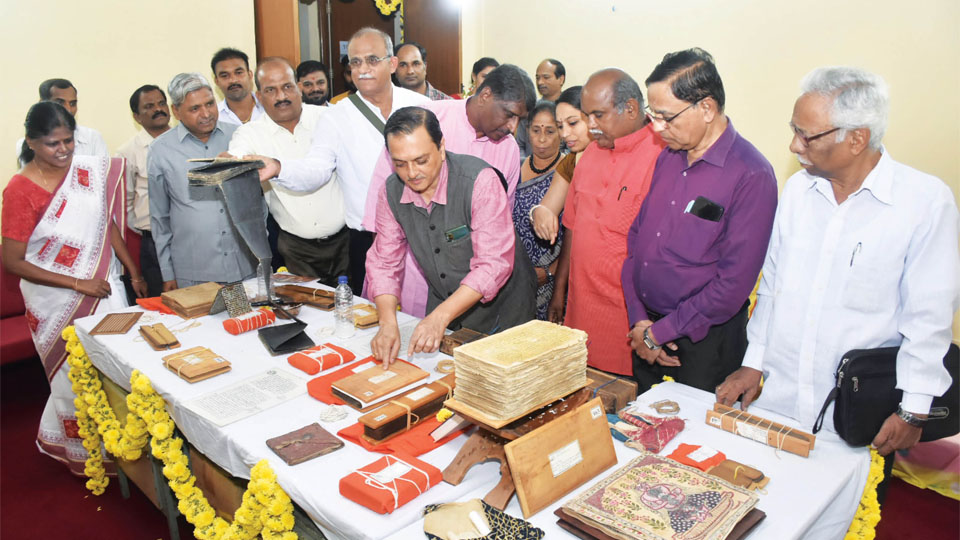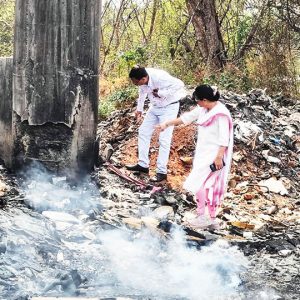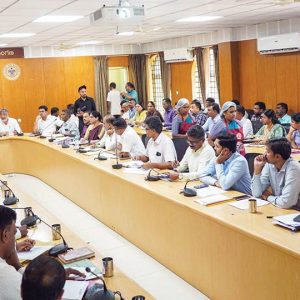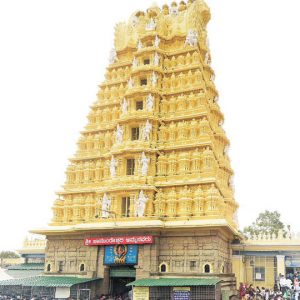Prof. Veeresh Badiger from Hampi Kannada University at manuscript training programme
Mysore/Mysuru: Manuscripts serve as invaluable historical records, shedding light on a society’s culture, traditions and history. They offer profound insights into the thoughts, beliefs and practices of bygone eras, said Prof. Veeresh Badiger, an expert in manuscripts from Kannada University in Hampi.
He made these remarks during the inauguration of ‘23d manuscript training and awareness programme’ on Wednesday at the Central Institute of Indian Languages (CIIL), Mysuru, jointly organised by the Centre of Excellence for Studies in Classical Kannada (CESCK) in collaboration with Kannada University, Hampi. The programme has drawn the participation of over 56 researchers from various Universities in Karnataka.
Prof. Badiger stressed that the preservation of manuscripts is crucial and can be achieved through digitisation and the use of modern technology. He also called for increased research into the evolution of manuscripts.
“Manuscripts house historical narratives, firsthand accounts, and records of events that aid historians in reconstructing the past. They are invaluable for comprehending the development of societies, civilisations and political systems. Furthermore, they are indispensable for scholars engaged in the study of literature and language as they provide original texts of literary works, facilitating the analysis of linguistic changes, literary styles and the evolution of storytelling,” he added. Collecting, preserving and studying manuscripts is essential for gaining insight into our collective human history, culture and intellectual accomplishments. This endeavour not only enriches our knowledge but also fosters an appreciation for the diversity of human experiences and the continuity of human thought across centuries, Prof. Veeresh Badiger highlighted.
CIIL Director Prof. Shylendra Mohan, who inaugurated the event, also underscored the significance of collecting, preserving and studying manuscripts. He urged CESCK to intensify its efforts in unearthing and studying manuscripts and disseminating their knowledge.
“These manuscripts encapsulate a slice of the country’s culture and heritage and their conservation is imperative to safeguard them for posterity,” he opined. Prof. Shylendra Mohan further emphasised the importance of harnessing technology to conserve the ancient manuscripts of Kannada, a classical language with over 2,000 years of history.
Prof. K. Ravindranath, the head of the Department of Manuscriptology at Kannada University, Hampi, revealed the University’s long-standing involvement in the study, conservation and publication of manuscripts over the past two decades. The University possesses an extensive collection of over 5,000 manuscripts in languages including Kannada, Tamil, Telugu, Malayalam, Marathi and Sanskrit.
“We are actively working on collecting various types of manuscripts and ensuring their protection to unveil our past. This involves four stages: manuscript collection, editing, study and publication. Presently, the Department has plans to digitise both the existing collection and future acquisitions,” he added.
The event was presided over by Hampi University Registrar Prof. Subbanna Rai. Project Director Prof. N.M. Talwar of the Centre of Excellence for Studies in Classical Kannada, Coordinator Dr. Premkumar and others were present.








Recent Comments